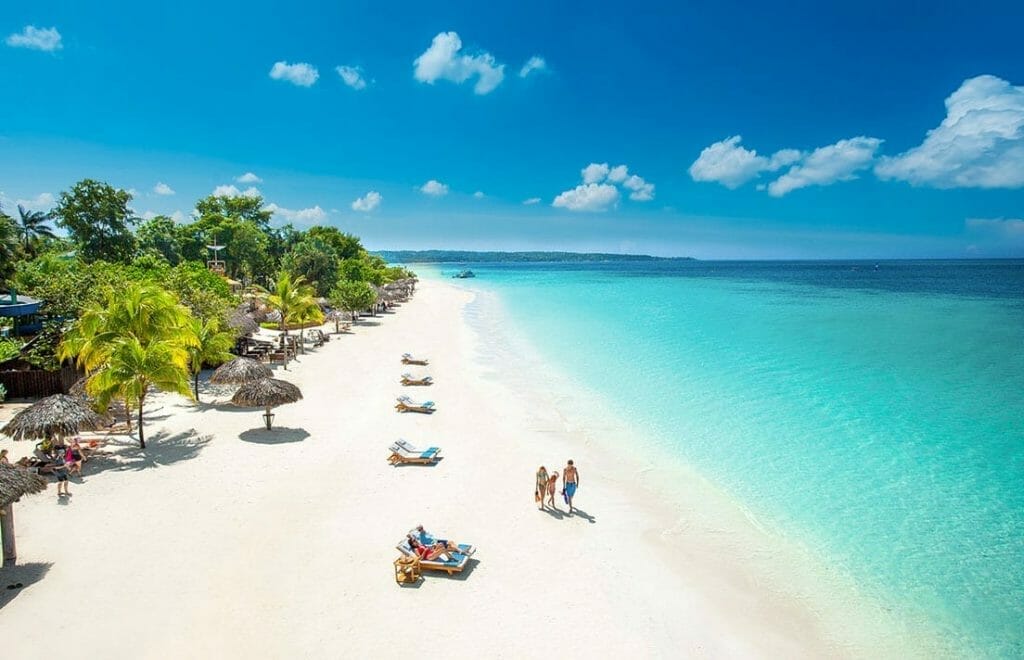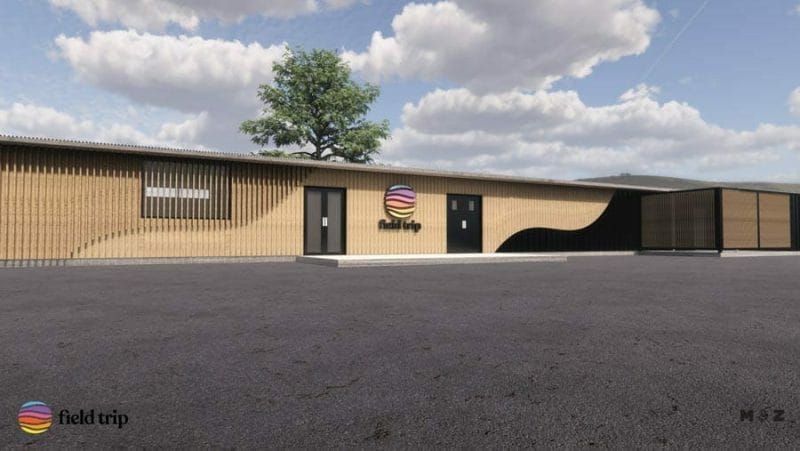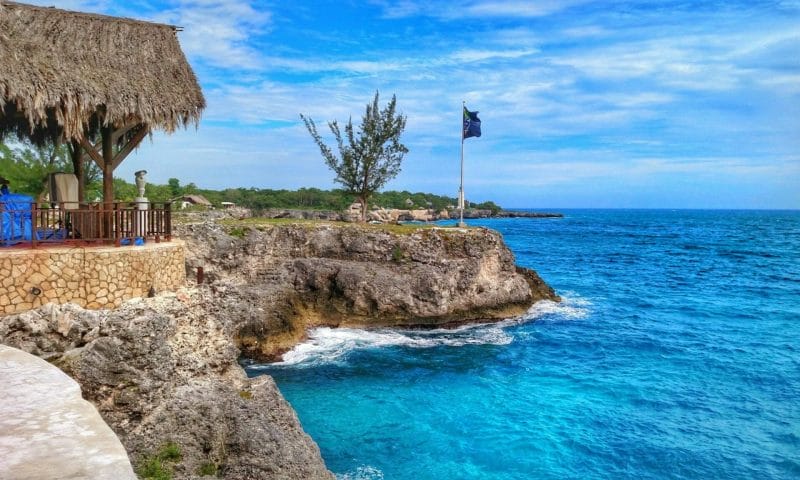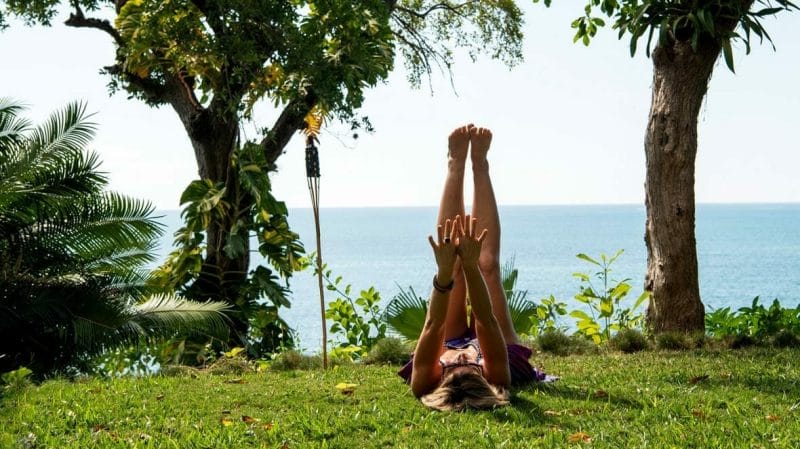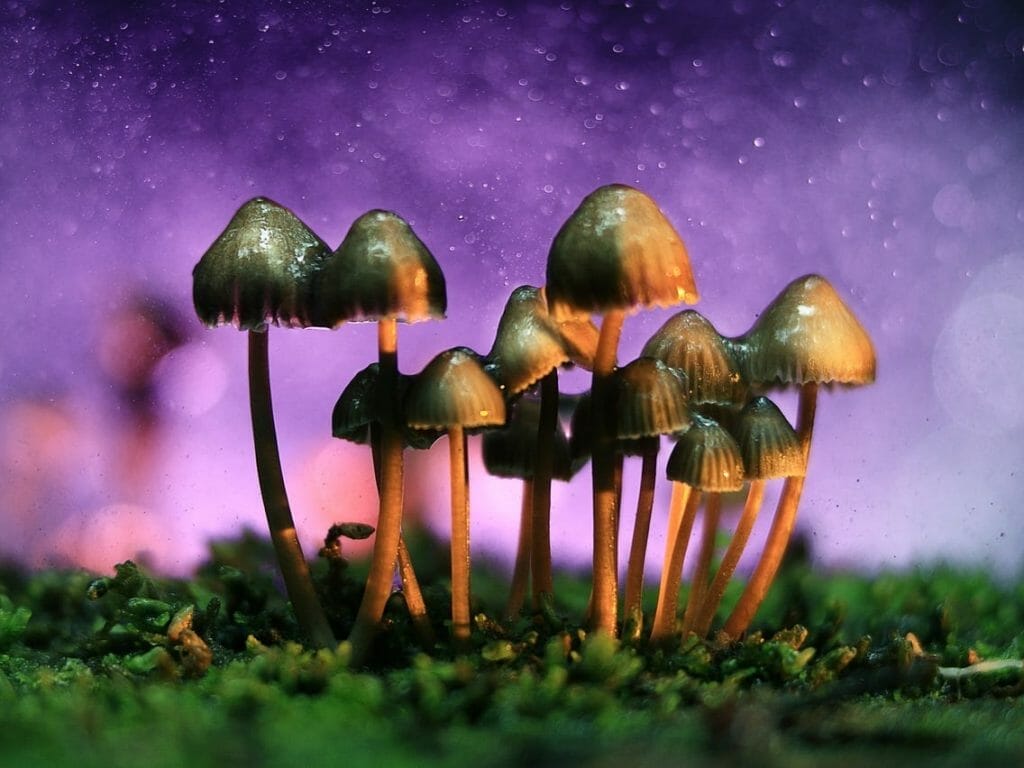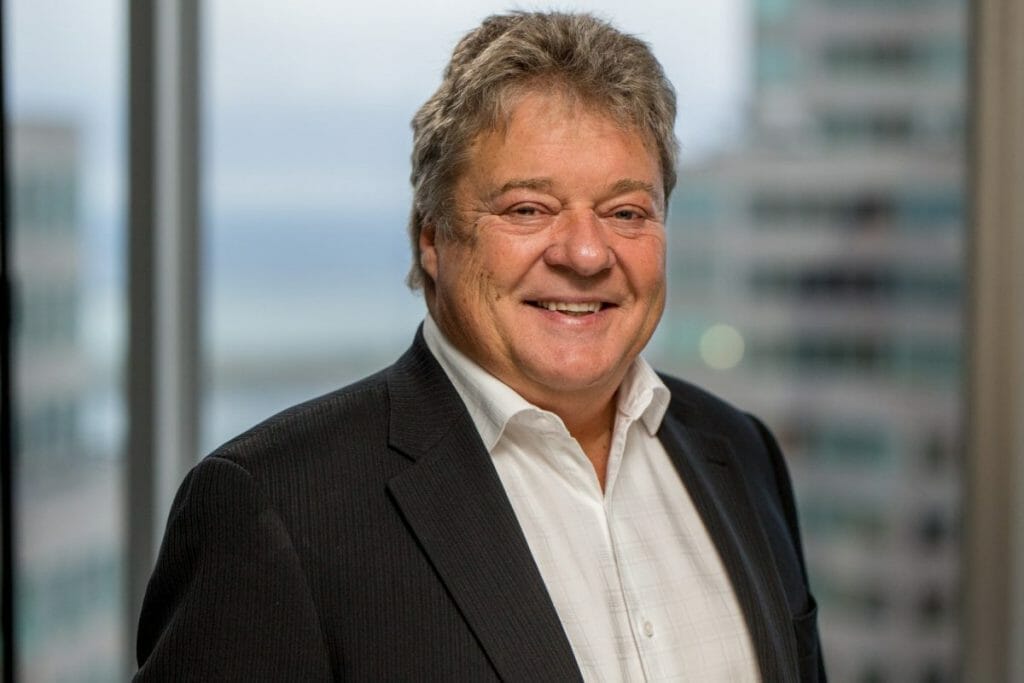Shroom tea
Jamaica is one of the few countries in the world where the sale and consumption of psilocybin is legal, and through my DD, it’s incredibly easy to attain. The country isn’t new to foreigners tripping there, tourists have been visiting the island for decades for its famous magic mushroom teas. For people who want a classier experience, there are several boutique mushroom retreats on the island as well.
Several foreign companies are now establishing a footprint in Jamaica, mostly just for research purposes. These companies are building for a potential recreational market down the road, but research is king until that happens.
Who’s there?
Field Trip’s (FTRP.C) Jamaica research center opened last month.
Its purpose will be to study everything from the genetics of magic mushrooms to how best to extract their psychedelic compounds. The center will employ 10 scientists, with the expectation that more staff will be hired in the coming years.
Research at the Facility will be led by Rupika Delgoda, Professor of Biochemical Pharmacology & Pharmacognosy and Director of the Natural Products Institute at UWI. Some scientists are employed by the company, while others are University of the West Indies academics; Field Trip Ventures is paying the university for these academics’ involvement in the research center. Field Trip is banking on IP being valuable in a recreational market, should magic mushrooms be widely decriminalized for general use.
According to the company, the work at the new facility will leverage the research and development efforts that have been conducted by Field Trip at a temporary facility at UWI since January 2020 and will be broad-ranging, from genetics, breeding, and cultivation work on many of the 180+ plus recorded species of psilocybin-producing mushrooms, to developing analytical methods for quality control, identification of novel molecules, as well as extractions and formulations for drug development purposes.
https://equity.guru/2021/03/01/field-trip-ftrp-cn-is-scaling-its-posh-ketamine-therapy-business-after-huge-ass-95m-raise/
Havn Life Sciences (HAVN.C) announced today it will be formulating medical psilocybin with Jamaica-based Hypha Wellness. Their goal is to become a global leader in the supplier of psilocybin for researchers. While mushrooms aren’t the most difficult thing to grow, having them meet medical research standards requires a more robust operation than just letting the mushrooms sit in a dark room. The company is also pursuing additional opportunities to collaborate with the scientific and business communities in Jamaica. Havn also operates a research facility in Vancouver, BC at the University of British Columbia.
Canbud (CBDX.C) is developing a magic mushroom cultivation and processing plant in Westmoreland. The company has announced that it will shortly be starting psychedelics-related activity in Jamaica.
A retreat boom post COVID?
Research meets retreats as Canadian-based Psyence Group (PSYG.C) entered into a research collaboration agreement with MycoMeditations to conduct an observational study of the efficacy of naturally derived psilocybin. The initial retrospective study will investigate a cohort of 30 people who have participated in a MycoMeditations retreat in the past 6 months and had reported suffering psychological trauma prior to their visit. MycoMeditations in Jamaica is arguably the most well-known on the island. It has generally very favorable reviews, they have https://e4njohordzs.exactdn.com/wp-content/uploads/2021/10/tnw8sVO3j-2.pngistered 3,000 doses of psilocybin in the last 5 years.
Psilocybin-assisted retreats have popped up around the world, concentrated in places where the drug is legal, like Jamaica and the Netherlands, and places where the drug is illegal but unregulated and used often in Indigenous settings. Paul Austin, founder of the Synthesis retreat based in Zandvoort, Netherlands said, “not everyone who is interested in trying psychedelics wants to travel to the depths of the Amazon, lay on a mat for 6 days, and puke their guts up. Instead, they want comfort, convenience, good quality food. They want a nice middle-class experience, rather than the bohemian one associated with ayahuasca.”
MycoMeditations has received some backlash online for its staff using drugs with the clients and thus not handling difficult trips appropriately. Some staff members said the retreats approach of having its facilitators high along with the clients can diminish rather than heighten a person’s ability to care for others.
Retreats in developing countries can be a profitable business with high margins. Psychedelic retreats vary greatly in price with some psilocybin retreats in Jamaica charging upwards of $10,000 USD a head. Overhead like rent, food, and most worker payments are in the local currency while clients pay in USD, the arbitrage makes profitability a lot easier. COVID is drastically going to shape this landscape moving forward as the tourism industry is understandably one of the hardest-hit sectors.
It will be interesting to see how retreats are affected in the short term, and if the mounting negative mental health effects of COVID, combined with a growing thirst for travel after a year plus of isolating will lead to a drastic increase in retreat bookings. Last year a Harris Poll survey of 2,500 U.S. travelers found the desire to travel had only increased as the crisis deepened. The results indicate travelers from the hardest-hit states were the most eager to travel.
Creativity
I previously wrote about Red Light Holland (TRIP.C) expanding into countries like Brazil and The Netherlands to tap into rec markets, there’s no word on what their plans for Jamaica, but setting up shop there wouldn’t deviate from their business model.
Jamaica offers some shelter for these companies to do what they want at a cheaper cost, while dodging stricter regulations up North. Part of it is a marketing ploy for investors, it sounds good to have a global presence and to be thinking outside the box, looking for new markets and new opportunities. Almost every company wants to be a ‘global leader’, and have a network that expands beyond just one country is the first step. I just hope there aren’t too many cringey Rastafarian products Westerners will end up glomming on to.
Companies choosing these legally ambiguous spots is smart because in a sector with so much grey area the companies who best navigates what the landscape gives them will likely win, it’s going to mean companies driving up their value by unexpected or unconventional ways. We saw this in the early stages of the Canadian cannabis industry as well with constant deals surrounding Canadian weed companies making deals with or buying out smaller companies to reach new markets.
https://equity.guru/2021/02/18/red-light-holland-trip-cn-selling-psychedelics-in-brazil/
This type of creative thinking will also allow companies to separate themselves and enhance their own unique selling points as some of these companies are starting to blend into each other in terms of mission, business model, products etc. New countries and new markets pose new opportunities for a company to expand its mission and goals, generating excitement from investors. Psyense Group owns a facility in the Southern African country Lesotho who are currently on their 2nd cultivation cycle of psilocybin mushrooms.
These psychedelics companies don’t exactly have a blueprint to follow, sure, their background in pharma in cannabis can help guide them, but these are uncharted waters and creativity is valuable.

